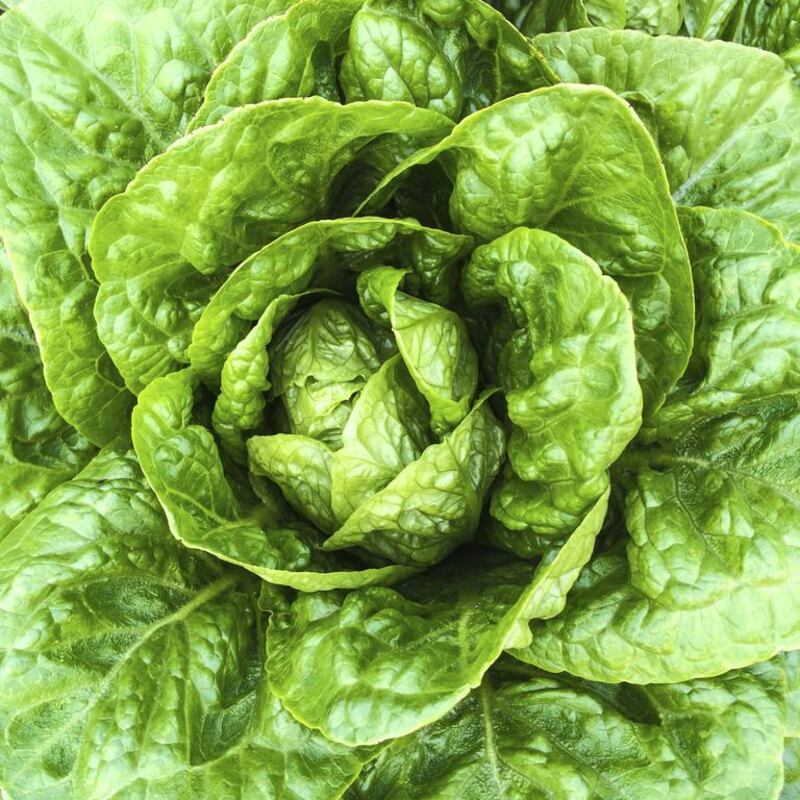I regularly have blueberries for breakfast. I buy them frozen and either blend them with bananas for a smoothie or let them thaw and eat them with a dollop of yogurt on top. Somewhere I read an “eat healthy, live longer” article that claimed blueberries were one of those “superfoods” that help slow down the ageing process.
At least I think that’s what a superfood does. I can’t really remember. I read the article a while ago and lately (read: the past few years) my memory ain’t what it used to be. Neither, for that matter are my knees. Or my eyes: I’ve taken to enlarging the document screen to 150 per cent when I have to work on my laptop.
Welcome to midlife, my friends. Or as I like to call it sometimes, my very late mid-forties (I'm 51). My midlife is a nice place, the various creaks and fuzzy outlines notwithstanding: healthy family, work I like, a marriage that seems to be weathering the test of time. I need only to scan the news headlines, with their relentless litanies of despair, to realise how lucky I am and how easily, but for an accident of birth, I could be one of the millions of refugees seeking somewhere – anywhere – to call a safe haven.
And yet. The other day, as I took long walk with a friend (because that’s what we midlife ladies do: we walk), we reminisced about our early 20s, about bad hairdos and even worse boyfriends. We laughed at our misadventures but the laughter was mixed with the vague sense of loss that undergirds nostalgia. We both like our lives as they are, but at the same time, we remembered how full the world seemed when we were 19, 20, 21. The horizon seemed limitless, the opportunities endless and even something as simple as a trip to see a friend meant that anything could happen.
Now when I say “anything could happen” I mean things like “you could get hurt” or “you’ll break it/lose it”, and it’s probably in the context of explaining to one of my children why I am denying them permission to do whatever it is they’re asking to do. I know my response bores them, and sometimes, I confess, I even bore myself. When did it happen, I wonder, my sense that the world needs to be guarded against, the awareness that possibility comes with risk? I’m not sure it can be explained only by being a parent, although I’m sure that’s part of it. But another piece of my caution may come from my vantage point, perched as I am under 60 but way over the limitlessness of my 20s.
I’m old enough to know that none of us (not even children, sadly) are immortal but not old enough to have the luxury of choosing to do only exactly what pleases me.
Don't get me wrong. I wouldn't want to be 20 again, not really. Among other reasons, the hairdos and the boyfriends were too dreadful to relive (although both have a cringe-inducing tendency to surface occasionally on Facebook). But is there any way for the youthful sense of panoramic possibility to coexist with the weight of history that comes with midlife? That's where the cliché of the middle-aged man in the red convertible comes from, I suppose, and why 50-year-olds suddenly start training for marathons: they are (we are) trying to reclaim the right of reinvention that comes with being young. None of us want to end up like the character in TS Eliot's The Love Song of J Alfred Prufrock, who compressed all his inchoate midlife longing into wondering if he dared eat a peach.
I don’t want a red convertible, and I never want to run a marathon, but don’t we all hear some version of the siren song that beckons us beyond the boundaries of work-home-family? Maybe that’s what leads me to eat blueberries for breakfast and to buy kale whenever I can find it: sure, I like the taste of both, but more from obligation than pleasure. It’s hard to follow the siren song of discovery if your knees are shot.
Deborah Lindsay Williams is a professor of literature at NYU Abu Dhabi





